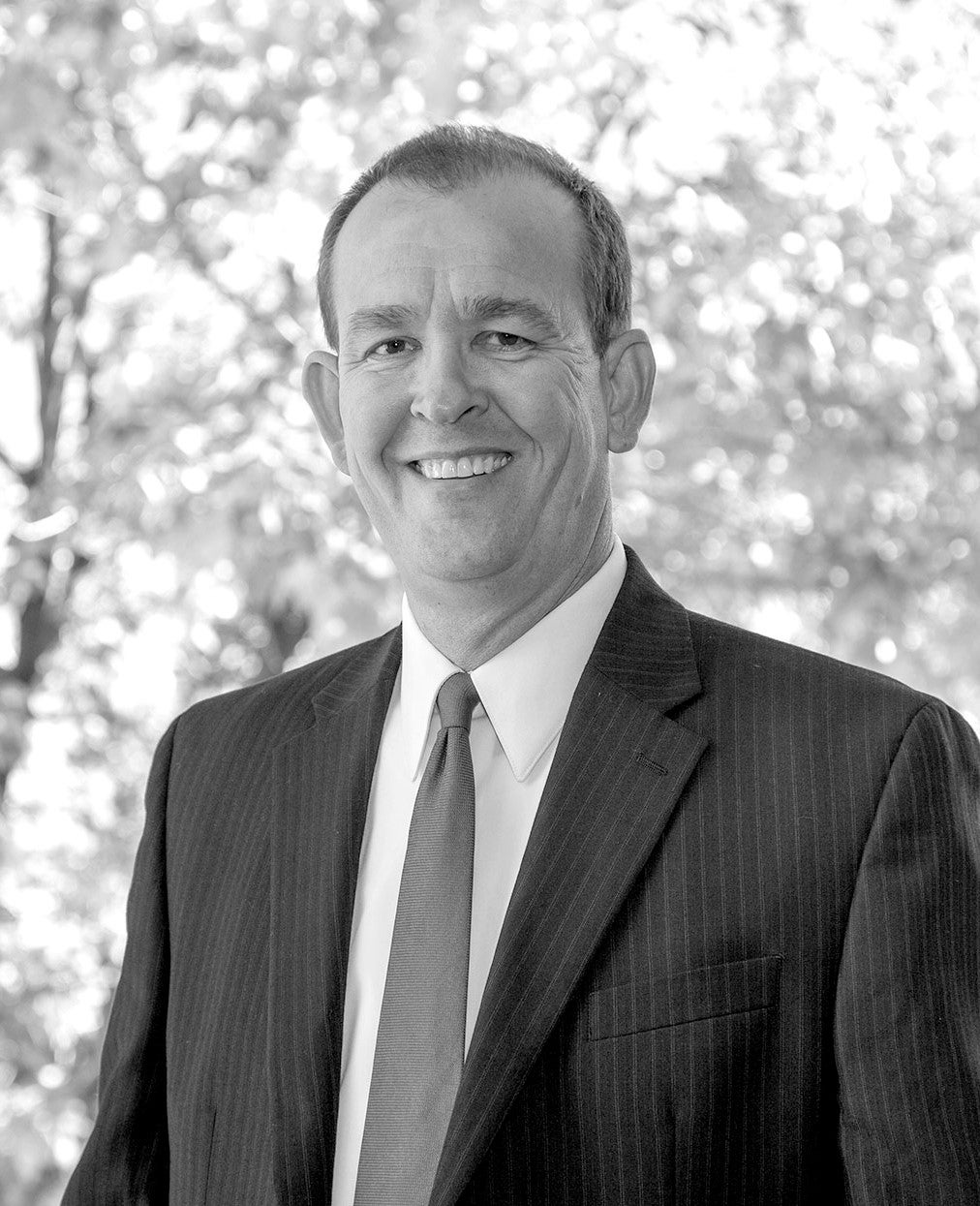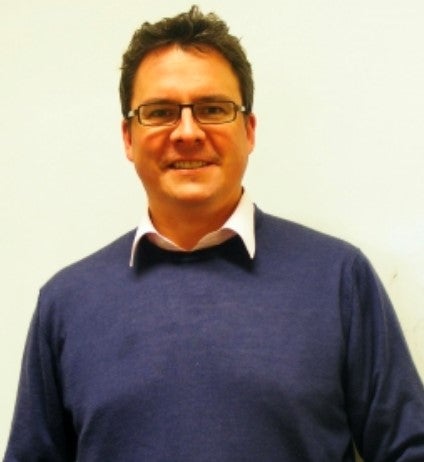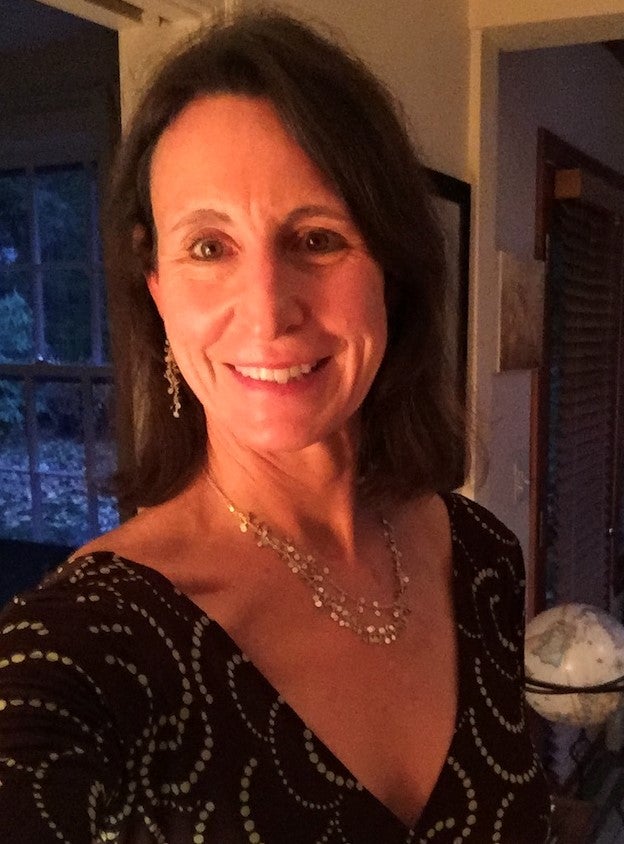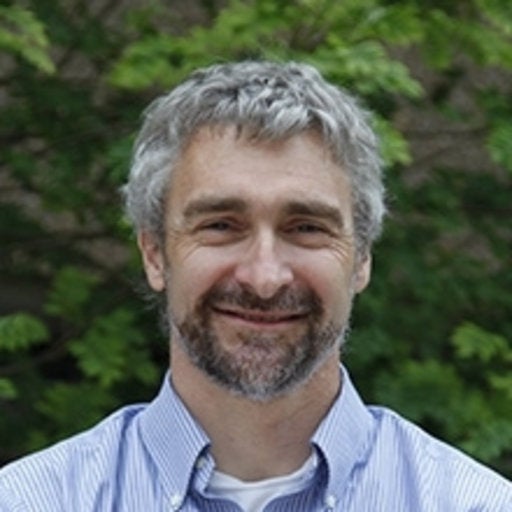CCIS 2020 Webinar May 27 Solar Radiation Management
9:00 – 11:00 am MDT
Join us online 27 May 2020 at 9–11 AM MDT (GMT-6)
The description of this webinar is also available as a one-page flyer.

James (Jim) W. Hurrell is the Scott Presidential Chair of Environmental Science and Engineering at Colorado State University. He is a member of the National Academy Committee on Developing a Research Agenda and Research Governance Approaches for Climate Intervention Strategies that Reflect Sunlight to Cool Earth. In this talk, Jim will present a high-level overview of proposed solar radiation management approaches that, based on both theory and observations, have the potential to rapidly offset some of the consequences of global warming.

Jim Haywood is Professor of Atmospheric Science at the University of Exeter, UK, and a Research Fellow at the Met Office Hadley Centre. Jim has been at the forefront of the UK’s efforts on SRM management for the past decade, having led the UK’s contribution to successive Geoeoengineering Model Intercomparison (GeoMIP) Intercomparisons. Here, Jim will summarize what we have concluded from both GeoMIP and stand-alone simulations. We will see that, while many research findings are cautionary in nature, knowing what _not_ to do, has provided a clearer direction for any practicable deployment future SRM strategy.

Sarah is the Program Manager for the Marine Cloud Brightening Project, a consortium consisting of the University of Washington, XEROX's Palo Alto Research Center (PARC), the DOE Pacific Northwest National Lab (PNNL) and the NGO SilverLining. Her background is a mix of instrument development & field measurements of aerosol properties and science management (e.g. IGAC Executive Director, 2003-2012). Her talk will address the key science questions around the potential efficacy of MCB for cooling climate and how this relates to larger uncertainties in understanding climate change, and she will give an overview of the MCB project’s research plan.

Jean-Francois is Director of the Climate and Global Dynamics (CGD) Laboratory, National Center for Atmospheric Research in Boulder, Colorado. His work focuses on modeling chemistry-climate interactions, with a focus on short-lived climate forcers and air pollutants. His talk will present an overview of the current state of knowledge in modeling stratospheric aerosols, focusing on challenges and research gaps relevant to geoengineering modeling.
Recording of CCIS 2020 Webinar on May 27, 2020.
You may also download a recording of the webinar (the download button is available in upper right of page).
Click for 2-page summary with question & answer.